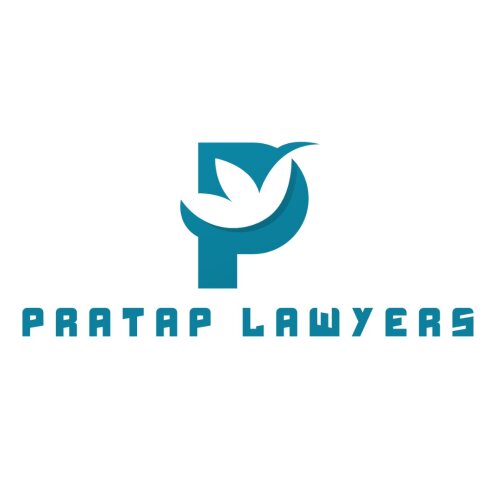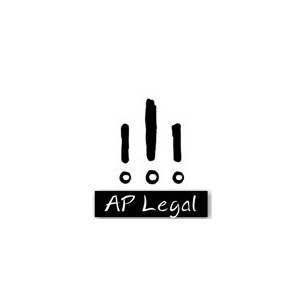Best General Litigation Lawyers in Fiji
Share your needs with us, get contacted by law firms.
Free. Takes 2 min.
Or refine your search by selecting a city:
List of the best lawyers in Fiji
About Litigation Law in Fiji
The litigation law in Fiji is essentially a set of principles and regulations designed to control legal proceedings between parties in a dispute. The Fijian legal system is based upon the English common law, which utilizes the adversarial system of justice. In this system, parties in dispute present their case before a judge or magistrate, who serves impartially to determine the facts and, subsequently, apply the law to give a ruling.
Why You May Need a Lawyer
Individuals or corporations often require professional legal assistance when dealing with intricate, multi-dimensional legal matters such as civil or criminal disputes, employing defense or proceeding in court, debt recovery, appealing against judgments, and drafting or opposing legal applications. For all such scenarios, it is pertinent to seek a legal practitioner's guidance, which should be experienced in Handling Fiji's litigation processes, to ensure your interests are effectively represented and safeguarded.
Local Laws Overview
Fiji has its unique set of laws. Some major aspects relevant to litigation include civil and commercial litigation involving contract law, personal injury cases, real estate disputes, employment disputes, and liability claims. Criminal litigation generally revolves around cases pertaining to theft, assault, drug offenses, and other criminal charges. Fiji utilizes different levels of courts for varying degrees of claims, like the High Court for more serious or high value civil disputes. Also noteworthy are Fiji's local customs and unwritten laws ('vanua'), which can sometimes even influence formal litigation procedures, especially in rural areas.
Frequently Asked Questions
1. What is the statute of limitations in Fiji?
The Limitation Act specifies time limits within which one can bring forward a lawsuit, varying typically from 3 to 12 years depending on the nature of the case, where civil action must be taken.
2. Do I have to appear in court personally?
While in some cases it is mandatory, generally you can have your lawyer represent you in court.
3. Can I represent myself in Fiji courts?
Yes, you can self-represent. However, due to the complexity of legal proceedings and local laws, it is advisable to seek legal aid.
4. How long does a litigation case typically stretch in Fiji?
The duration can greatly vary depending on the nature of the case, the court's schedule, and other factors. Simpler cases take a few months, while complex ones can take years.
5. Are court processes in Fiji transparent?
Yes, Fiji’s Courts function on principles of open justice and impartiality to offer a fair hearing to every party involved.
6. How does mediation work in Fiji?
Mediation is increasingly used as an alternative dispute resolution method. It involves a neutral third-party, the mediator, who facilitates dialogue to help parties reach a mutual settlement.
7. What is the cost of litigation in Fiji?
Costs can vary considerably and involve court fees, legal service charges, expert fees, and so on.
8. Can foreign citizens litigate in Fiji?
Yes, foreign citizens can litigate, but it is prudent to hire a local lawyer familiar with Fiji laws and procedures.
9. What if I can’t afford a lawyer?
Fiji offers legal aid services for those who can't afford representation, subject to certain eligibility criteria.
10. Is there an appeals process in Fiji’s legal system?
Yes, unsuccessful parties have the right to appeal to higher courts under all but a few exception circumstances.
Additional Resources
Some useful organizations for litigation needs in Fiji include Fiji Law Society, Legal Aid Commission, and the Consumer Council of Fiji. Relevant government bodies are Judiciary of Fiji and Fiji Law Reform Commission. All these organizations can offer valuable resources, guidance, and advice on various litigation matters.
Next Steps
If you identify a need for legal aid in litigation matters, it is advisable to consult with a legal professional at the earliest. After gaining a basic understanding of your legal situation, a suitable lawyer can guide you through the necessary procedures, help prepare your case, represent you in discussions and negotiations or court proceedings, and do their best to protect your interests.
Lawzana helps you find the best lawyers and law firms in Fiji through a curated and pre-screened list of qualified legal professionals. Our platform offers rankings and detailed profiles of attorneys and law firms, allowing you to compare based on practice areas, including General Litigation, experience, and client feedback.
Each profile includes a description of the firm's areas of practice, client reviews, team members and partners, year of establishment, spoken languages, office locations, contact information, social media presence, and any published articles or resources. Most firms on our platform speak English and are experienced in both local and international legal matters.
Get a quote from top-rated law firms in Fiji — quickly, securely, and without unnecessary hassle.
Disclaimer:
The information provided on this page is for general informational purposes only and does not constitute legal advice. While we strive to ensure the accuracy and relevance of the content, legal information may change over time, and interpretations of the law can vary. You should always consult with a qualified legal professional for advice specific to your situation.
We disclaim all liability for actions taken or not taken based on the content of this page. If you believe any information is incorrect or outdated, please contact us, and we will review and update it where appropriate.
Browse general litigation law firms by city in Fiji
Refine your search by selecting a city.

















